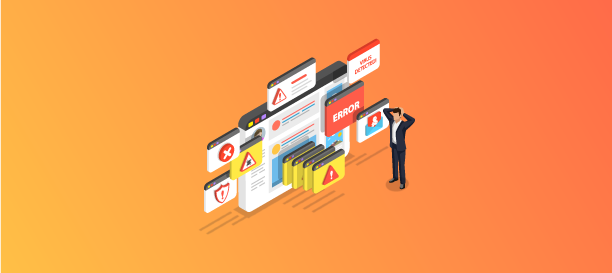
Ransomware vs. other malware attacks
There is no end to the volume and type of malware out there in cyberspace. For a very long time, organizations were aware that viruses could attack their data, render it corrupted and unusable. They were also aware that malware was used to steal data and use it for–primarily–monetary gain. Sell off banks of credit card numbers, steal identities, re-sell Social Security numbers, etc.Phishing, as we talked about in an earlier blog, is a set of tricks to get access to personal information and probably even to your IT network by stealing access credentials, but that’s not the only way. Cybercriminals also deploy various malware such as viruses, worms and trojan horses to attack IT networks. These malware usually gain entry into the system disguised as genuine email attachments, links to file downloads, etc. and then corrupt the data. If it is a case of a virus whose sole intent is criminal mischief, your surest protection are consistent and frequent backups. In the case of malware whose goal is theft, you need to have the technical expertise to maintain the security firewalls, anti-virus software, and knowledge of the field of cyber crime to protect your organization. Ransomware is a newer threat that requires additional knowledge in order to ensure that backups are clean in case of an attack. Ransomware, as the name suggests, is a kind of malware attack that goes beyond data corruption where the cybercriminals hold the data hostage and demand a ransom from the business for restoring data access. Backups can also be infected with a ransomware virus, leaving you completely vulnerable to ransom charges if you want your data back.
The point here is that cybersecurity is a specialized field. It is a lot more than buying a consumer grade anti-virus application. In general, in small- and medium-sized organizations, in-house tech staff may not have the depth of experience and/or the time to keep up with the latest issues and threats in cybercrime, necessary to design and maintain a well-defended IT infrastructure. In the area of cyber security,
It makes sense in such a scenario to bring an experienced Managed Services Provider (MSP) on board who can help you with data security, training and general up-keep and maintenance of your IT infrastructure.

Comments
Post a Comment